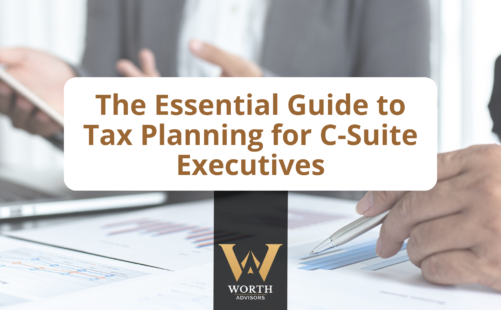Fluctuations in the market, commonly called corrections, significantly impact investment decisions. Adopting a strategic approach enables you to realign their financial plans effectively during these times. Embracing market variability requires resilience and finding avenues for seizing emerging opportunities with astute strategies. Understanding the impact of these fluctuations on your investment choices and recognizing the role emotions play in financial decision-making is critical in navigating through these times.
Diversification & Long-Term Protection
Expanding your investment portfolio is at the core of surviving marketing volatility. This strategic diversification encompasses allocating assets across various categories, including equities, bonds, and real estate. The underlying principle is risk mitigation. It is achieved by offsetting one asset class’s potential losses with stable or positive returns in another. For instance, a downturn in equities might be counterbalanced by the relative stability or gains in the bond market, thus moderating the impact on the portfolio as a whole. The essence of diversification lies in its capacity to protect against sudden financial downturns, ensuring a more consistent revenue stream.
This tactic aligns with the understanding that not all investment types react similarly to market changes, offering a buffer during downturns. By spreading investments across various sectors and asset classes, you’re less exposed to a single economic event’s fallout. The practice of dollar-cost averaging plays into this strategy well. Looking into stable sectors that show resilience during downturns, like healthcare or utilities, can further solidify your portfolio against market volatility. Lastly, considering alternative investments outside the traditional stock and bond markets can provide additional security and potential growth layers.
Shift to a Long-Term Perspective
Equally paramount is adopting a long-term perspective. Short-term market movements are inherently erratic; however, a historical overview reveals an overarching growth trend over extended periods. Anchoring your financial objectives firmly and avoiding precipitating decisions swayed by fleeting market sentiments is crucial. In other words, don’t be tempted by shiny objects. You and your advisor will continuously evaluate and adjust your portfolio. Financial advisors are instrumental during such times, offering clarity and stability.
They are a steady hand, guiding through market volatility and reminding investors of the importance of sticking to their financial roadmaps. These professionals encourage focusing on the bigger picture, beyond the immediate downturn, to help their clients realize their long-term financial goals. They also emphasize the value of patience and consistency in investment practices, which are key to overcoming the temptations of reactive trading. Advisors will always consider risk tolerance and life goals before making assessments and adjustments. This proactive stance enables capitalizing on market upswings and mitigating losses during downturns, effectively navigating through the cycles of market volatility.
Shape Your Financial Future
Market fluctuations underscore the value of a robust financial plan that can adapt to shifting dynamics. Financial advisors deliver tailored advice that resonates with your unique financial circumstances and objectives, instilling confidence amidst market volatility. Contact us to set up a consultation.
Disclaimer: Always consult a financial, tax, or legal professional familiar with your unique circumstances before making any financial decisions. This material is intended for educational purposes only. Nothing in this material constitutes a solicitation for the sale or purchase of any securities. Any rates of return are historical or hypothetical in nature and are not a guarantee of future returns, which may be lower or higher. Investments involve risk. Investment values will fluctuate with market conditions, and security positions, which, when sold, may be worth less or more than their original cost.















